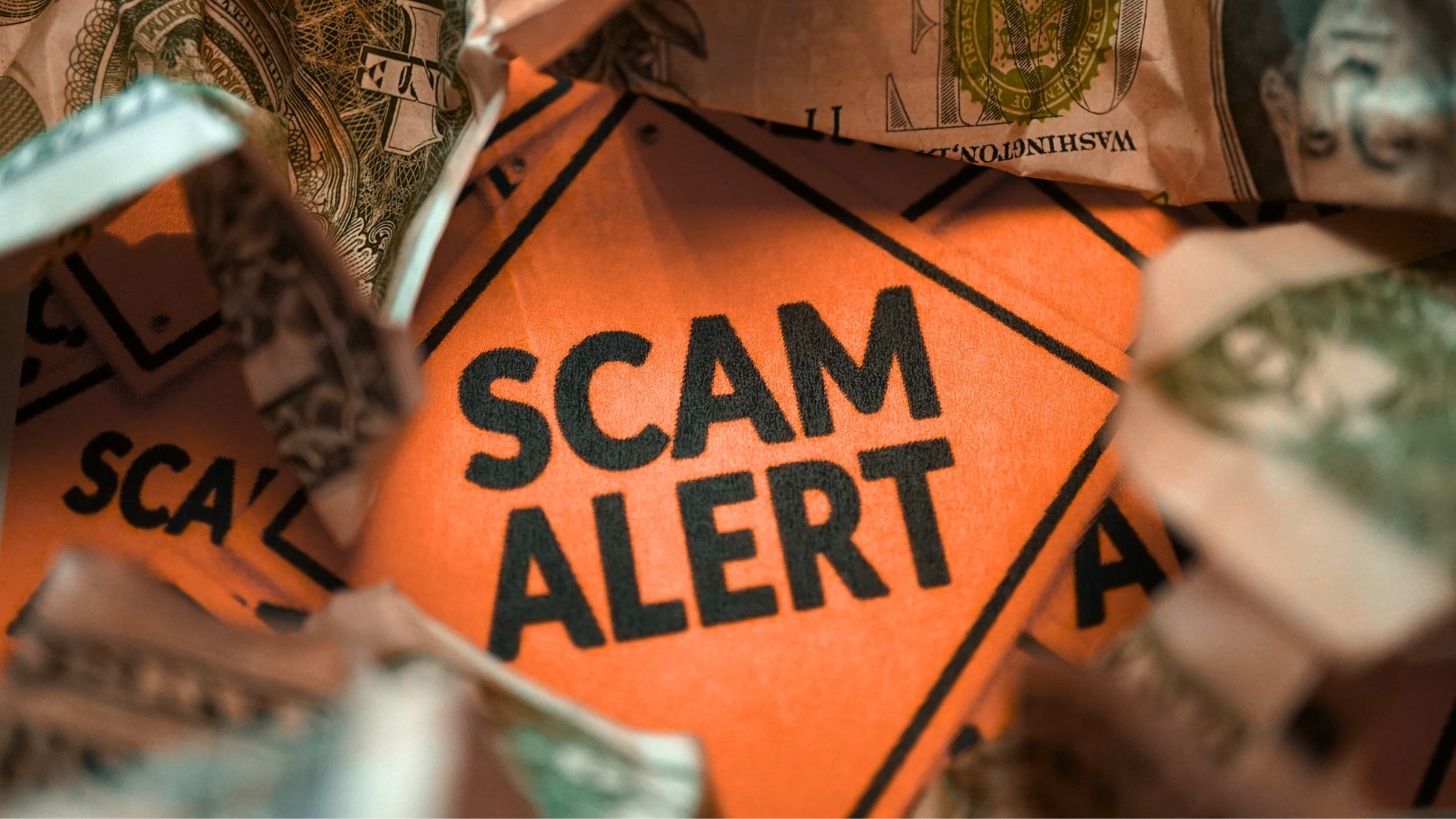
Escrow is when a third party holds and then disburses funds on your behalf. It's typically used when buying a home, for money that will change hands at the closing. And it’s often used once you're a homeowner, when your mortgage servicer collects funds you can use to pay property taxes and insurance.
What Does it Mean to be 'In Escrow'?
When you're buying a home, escrow refers to the period before the home sale is finalized. A home is said to be “in escrow” from the time the seller accepts your offer up until the sale is completed.
During escrow, a trusted, neutral party — usually a real estate title company, an attorney or an escrow agent — holds your earnest money deposit, the seller's deed and other paperwork until all conditions are satisfied at closing.
Here's more information about the items that can be held in escrow while a sale is pending:
-
Earnest money. This is the deposit you paid to the seller to show that your offer is serious. It's applied toward the down payment at closing.
-
Deed to the property. The deed is the legal document that transfers ownership of the property. After the sale is completed, it's transferred from the seller's name to your name and recorded at the county courthouse.
-
Loan proceeds. The mortgage lender may hold onto this money until the closing is finalized. At that point, the money is distributed to the seller, and perhaps to a prior lienholder — for example, to pay off the balance the sellers owe on the home.
In the meantime, the lender processes your mortgage application and the title search takes place. You'll get a home inspection, secure homeowners insurance and prepare to move.
At the closing, you'll sign loan and property transfer documents. Once the paperwork has been wrapped up, money held in escrow is distributed to the parties involved in the sale.
Who Pays for Escrow Services?
Costs for escrow services are detailed, along with other fees, in the Loan Estimate and Closing Disclosure. Escrow fees are sometimes called settlement agent fees. Escrow charges can also be rolled into the title insurance provider's fee.
In some housing markets, buyer and seller split escrow fees. In other places, escrow fees might be paid solely by either the buyer or the seller. Regardless of local custom, you may negotiate who pays which fees.
What is an Escrow Account?
An escrow account (also called an impound account) is used to cover your property taxes and homeowners insurance, spreading out the cost over your 12 monthly mortgage payments. If you have an escrow account, your monthly mortgage payment will be split three ways, with part going to the principal, part covering interest and part being put in escrow.
When your property taxes and homeowners insurance premiums are due, the funds to pay them come out of the escrow account. Depending on how your account is set up, your mortgage servicer may pay these bills directly or it may send you a check from the escrow account that you then use to make the payments.
Your escrow account keeps you from having to come up with the full amount for these bills when they're due. It also helps ensure that your taxes and insurance will be paid in full and on time.
Every year, the mortgage servicer estimates how much your annual tax and insurance bills will be in the next 12 months. These costs often vary from year to year, sometimes going down and often going up.
Your annual escrow statement will detail how much money the servicer collected from you and how much it paid to tax authorities and insurers. If you've overpaid escrow, you should get a refund.
On the other hand, if it turns out not enough was collected in your escrow account, you'll have to make up the shortfall. In either of those cases, your servicer will recalibrate your monthly payment for the year ahead to match the new estimate of your annual tax and insurance bills.

This article was produced and provided by Nerdwallet. Nerdwallet gives consumers and small businesses clarity around all of life’s financial decisions. When it comes to credit cards, bank accounts, mortgages, loans or other expenses, consumers make almost all their decisions in the dark. NerdWallet is changing that, helping guide consumers' decisions with free expert content.

-Jan-13-2026-02-05-51-5375-PM.png)
-4.png)
-4.png)
-4.jpg)

-1.png)
.png)


-3.jpg)
.png)
.png)